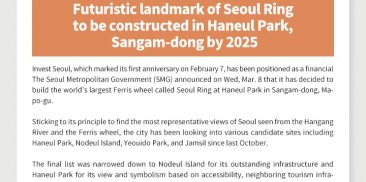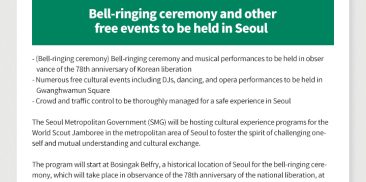ソウルの文化遺産
-
17.House of Han Yong-un (pen-name: Manhae), Simujang
-
ソウルの文化遺産 登録日投稿者SMG ヒット2,953Video Player00:0000:00There is a hanok (Korean traditional house) that resembles a small hermitage on a secluded slope in Seongbuk-dong. Buddhist monk and poet Han Yong-un lived in this house as a hermit in his later years. He played a leading role in the modernization of Buddhism in Korea. He had the house built facing north, as he did not like to face the Japanese Governor- General’s Office in the south. He named the house Simujang. The word simu literally means “looking for a cow” also refers to a process by which humans are restored to their true nature. He devoted himself to the independence movement. When he got married in 1933, those close to him presented him with this house. In the 1920s and 1930s, Korean intellectuals gave up their struggle against Japanese imperialism one after another. Feeling a deep sense of desperation, Han wrote the poem Nimeui Chimmuk (My Lover’s Silence). He passed away in this house in June 1944, a year before the country’s liberation. He remained faithful to his principles to the end.
Like It
165 人がいいね!と言っています。







